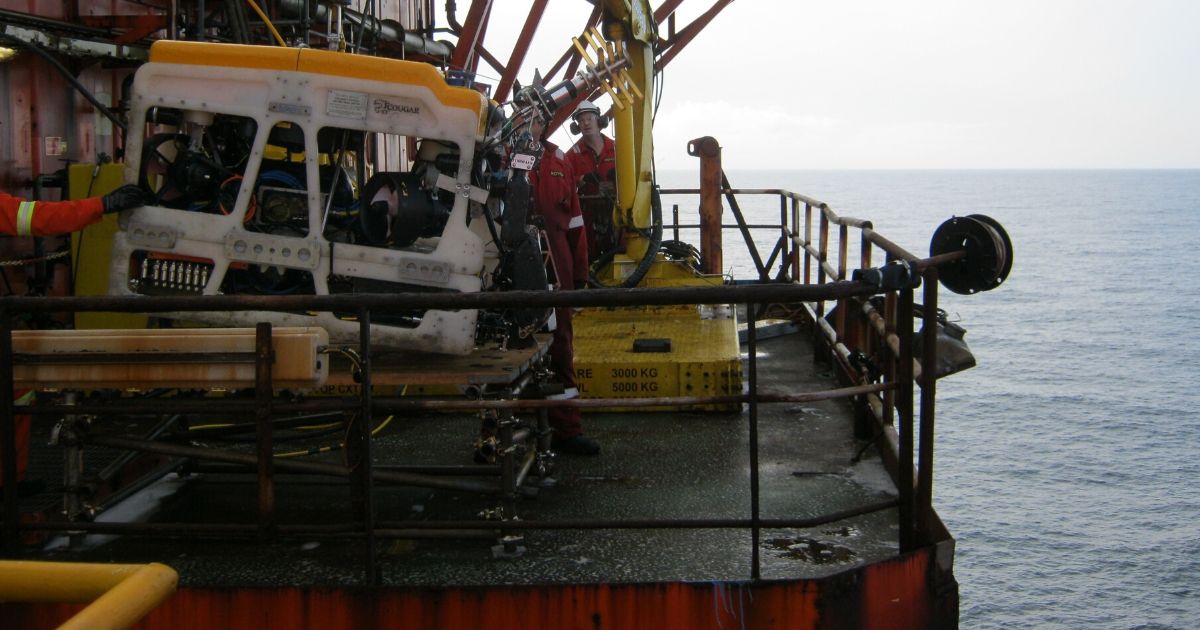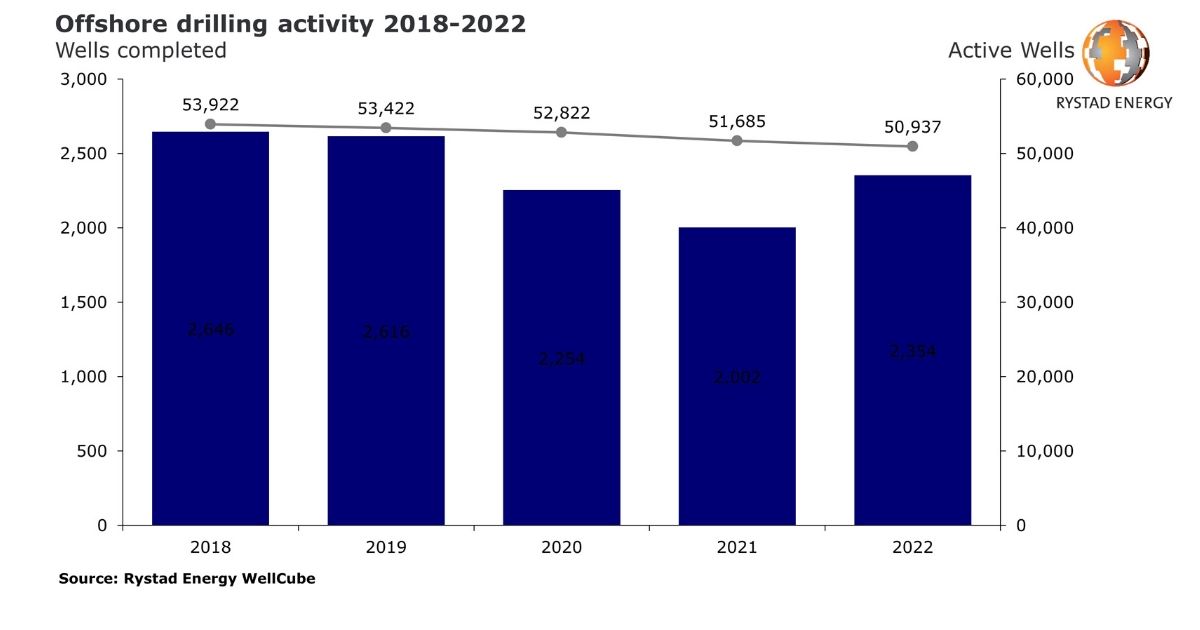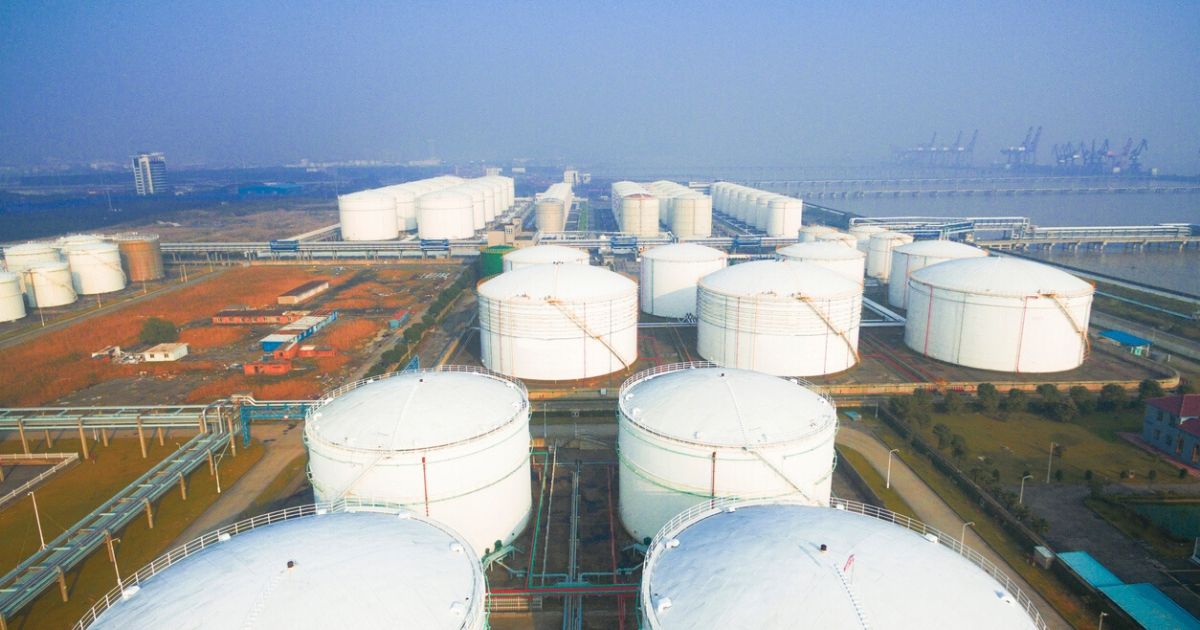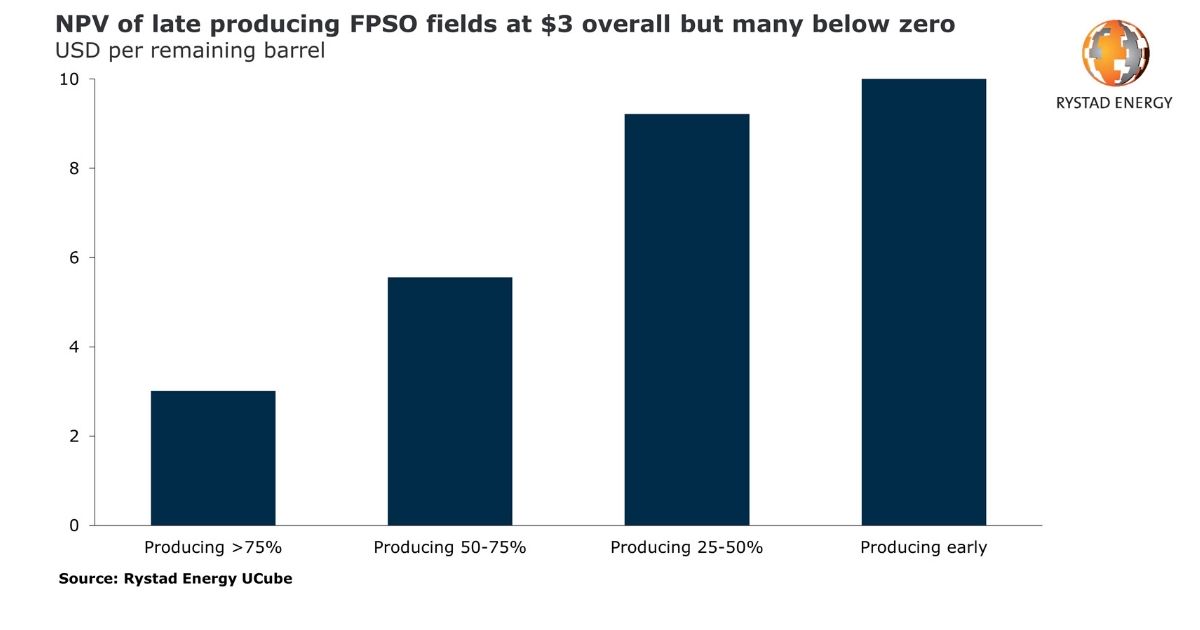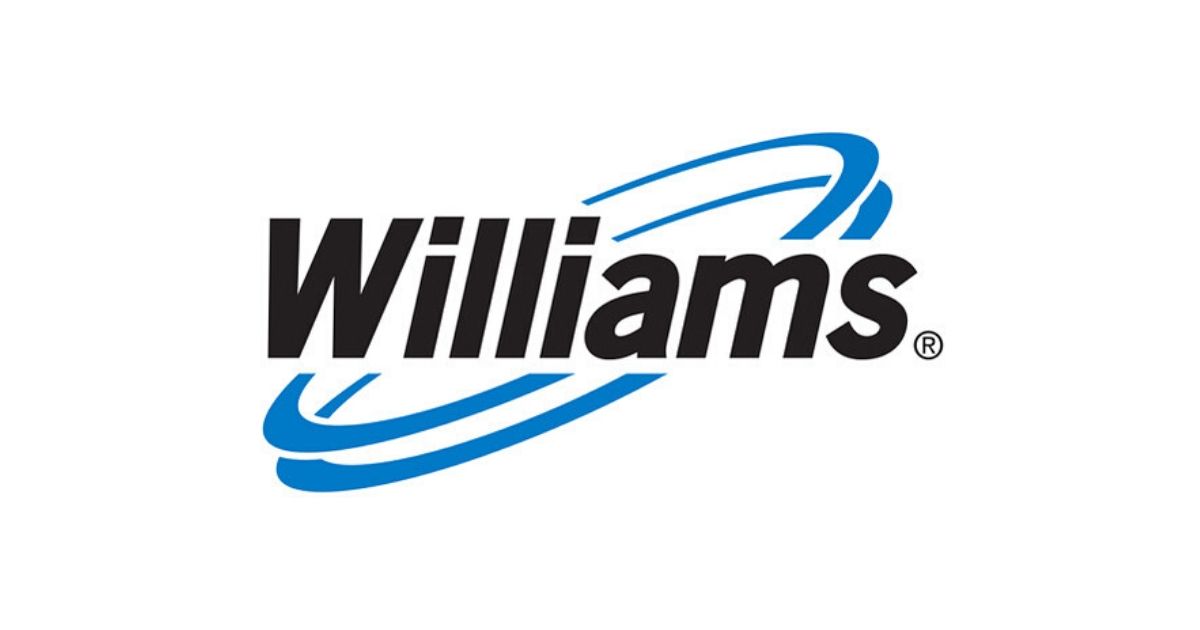Leading integrated subsea and offshore solutions provider, Unique Group, has pooled its expertise in survey and buoyancy technology with Dutch UXO experts, Bodac, to develop an Unexploded Ordnance Lifting & Safe Disposal System (UXO-LSDS), which paves the way for contactless mine recovery.
Bodac’s experience in UXO risk mitigation and explosive engineering services in the marine environment has been integrated with Unique Group’s technical expertise to develop the UXO-LSDS, which consists of a housing for two 9l, 300 bar composite cylinders and a Sonardyne Acoustic Lightweight Release Transponder (LRT).
Working with known UXO weights and water depths, the UXO-LSDS can be precisely filled to begin the UXO recovery, with the excess air vented out from the pressure release valves. The system has been thoroughly tested from design phase through to final product by Unique Group and Bodac’s teams of experienced technical personnel. The product is available globally and can be customised based on client-specific needs.
Wilbert Beilsma, General Manager Unique Group Netherlands, commented: “We are constantly driven to improve our offerings and develop new products which help our customers solve their challenges safely and efficiently.
“This has led us to collaborate with Bodac in the build of the UXO-LSDS. It is based upon Unique Group’s robust Seaflex Mono Buoyancy unit design, which has a proven track record of over 20 years and has been used by several navies as a lifting device. Our system can support in explosive ordnance relocation, recovery and neutralization with full safety.”
For more information, click here.




